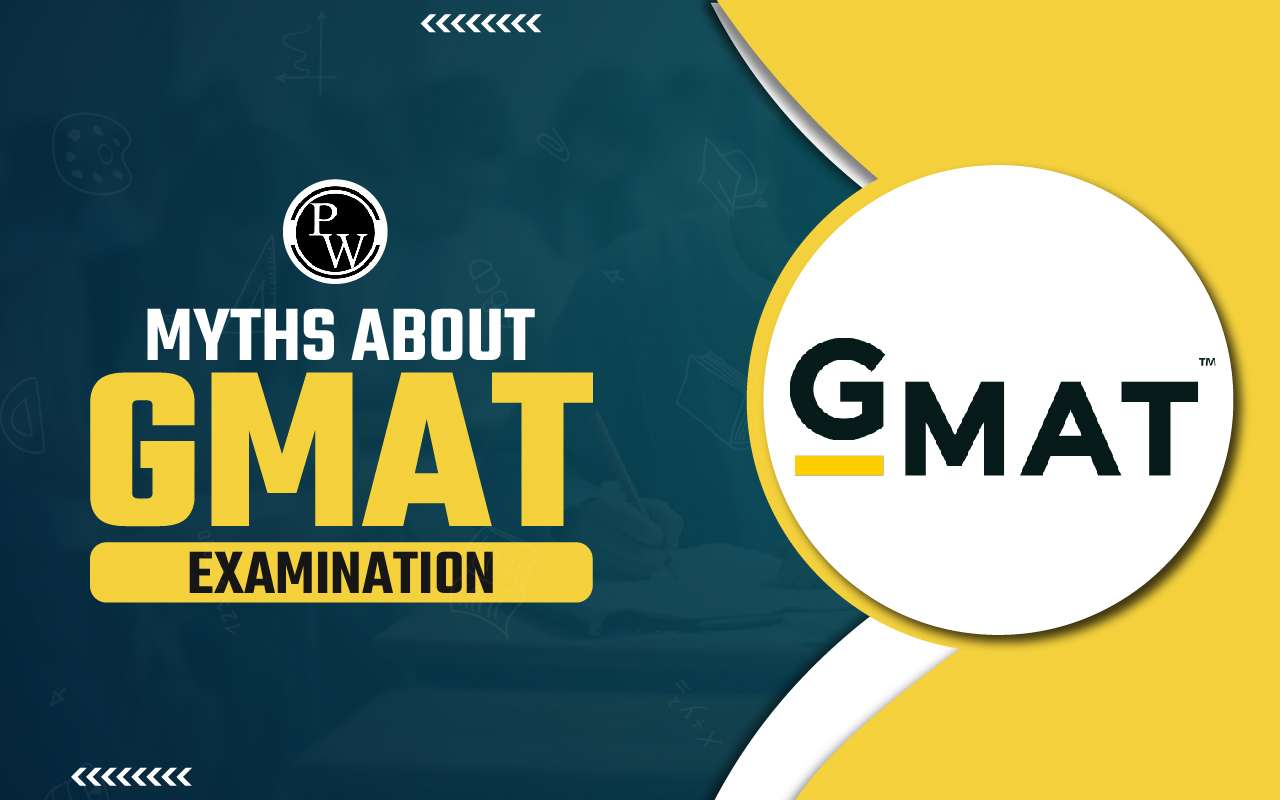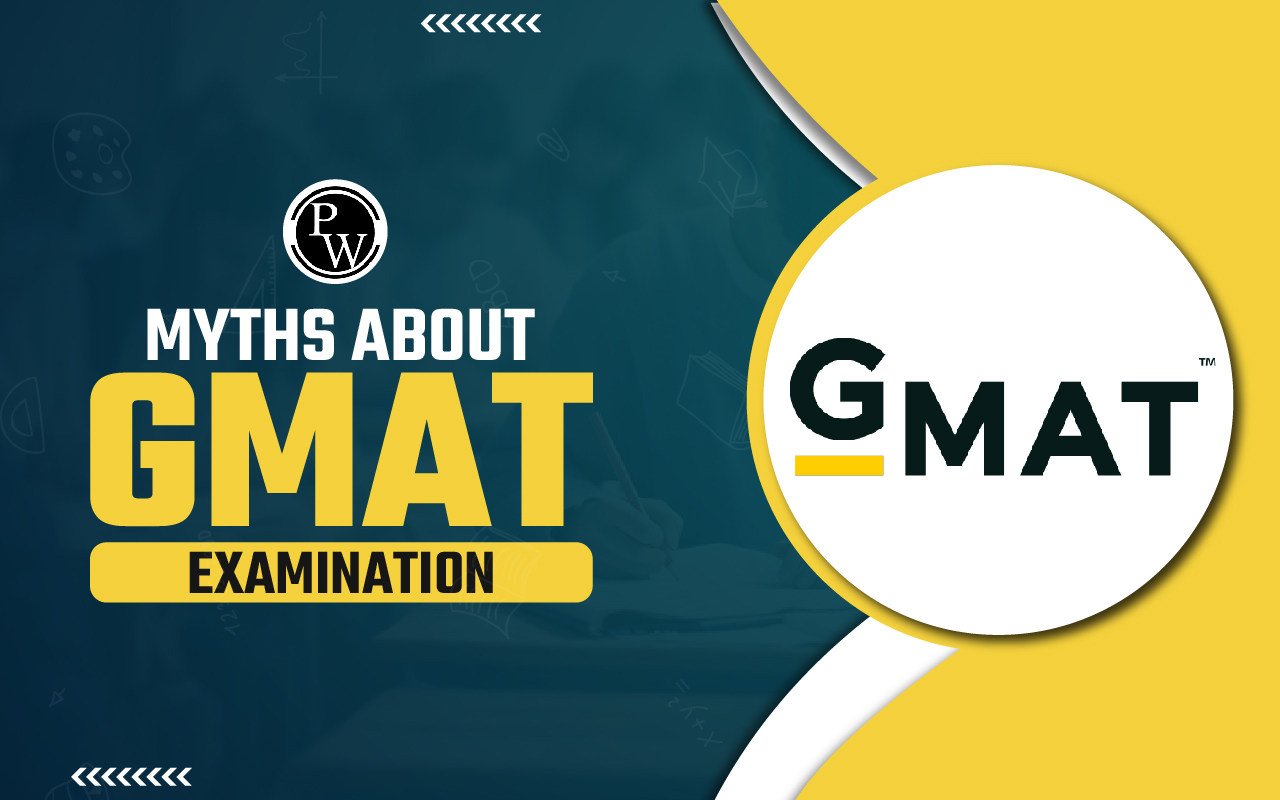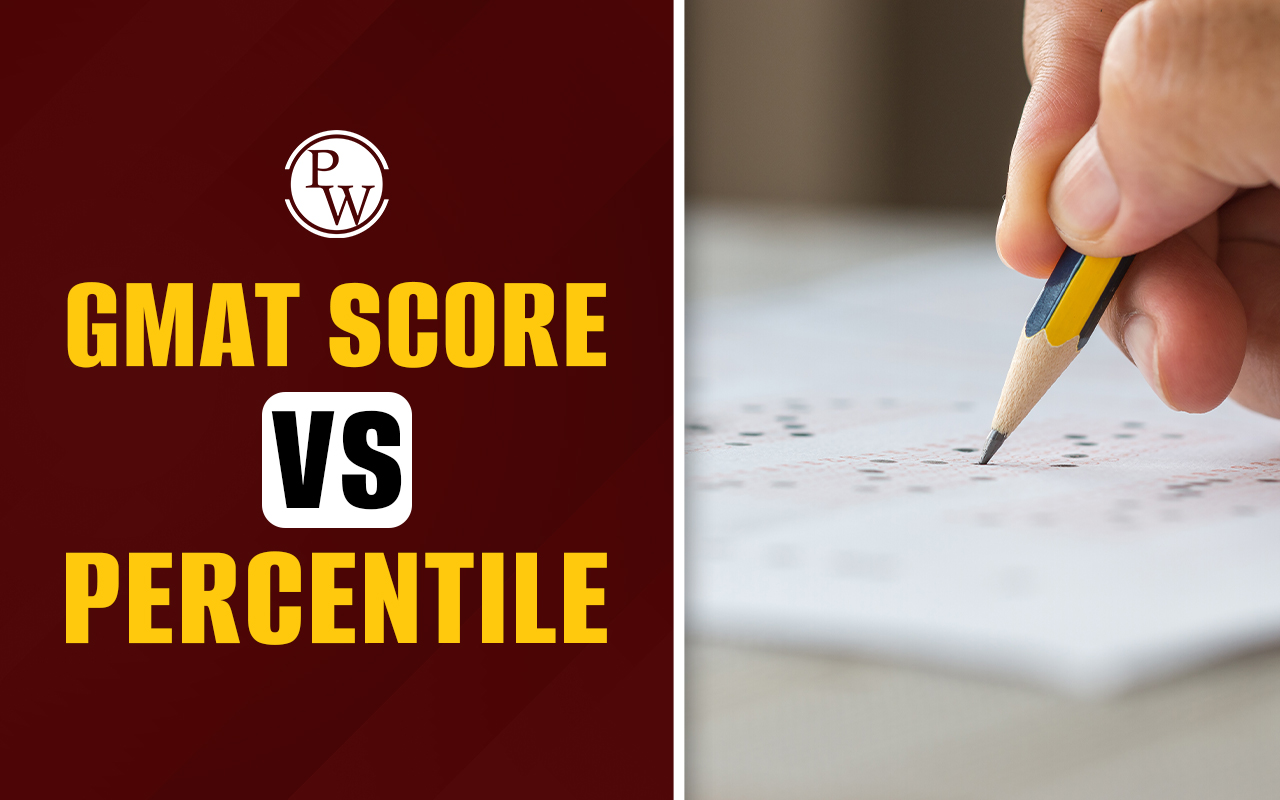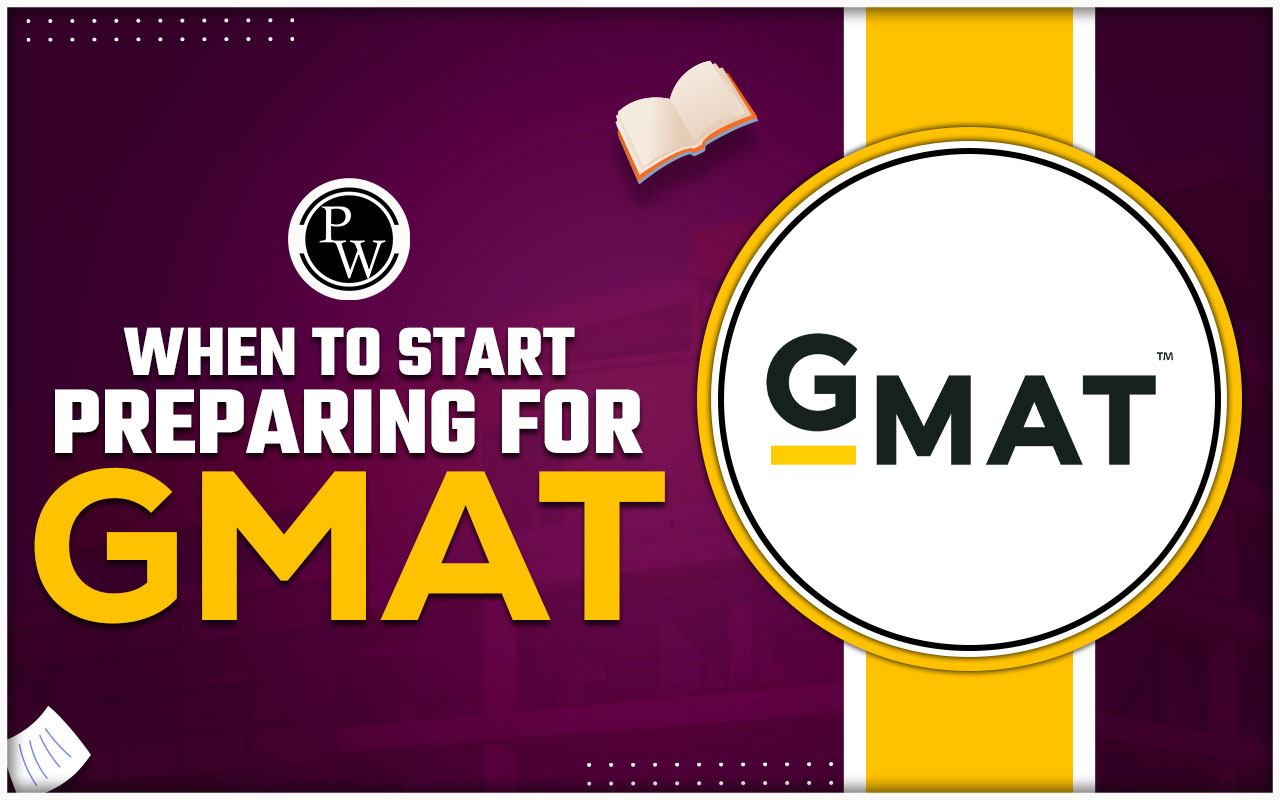
How to Measure GMAT Ability: The GMAT is renowned for its adaptive nature, adjusting questions based on your responses. While we've explored timing strategies to maximize your GMAT score , there's another important aspect to consider, which is accurately measuring your preparedness during GMAT study. Understanding the impact of a strong GMAT score on MBA admissions is vital for aspiring students.
This article discusses effective methods to assess your GMAT abilities. Whether you're targeting top-tier business schools or exploring other options, determining your readiness for the test is paramount. We'll examine various approaches to evaluating your GMAT readiness, their optimal timing, and why these assessments are essential.
What GMAT Exam Measures
The GMAT exam tests skills that are crucial for business school and the professional business world. It consists of four sections that evaluate different abilities. The most important sections are Quantitative Reasoning and Verbal Reasoning, which determine your total GMAT score. There are also sections for Integrated Reasoning (IR) and Analytical Writing Assessment (AWA), which provide scores but do not affect your total.
The Quantitative section assesses your math skills, while the Verbal section tests your language skills. Integrated Reasoning combines math and language to analyze data in various formats. Analytical Writing assesses your ability to analyze and respond to arguments in writing. Despite their differences, all sections share a common goal of testing logical thinking and critical reasoning.
Also Read: GMAT Syllabus 2024
Now that we know what the GMAT measures, let's discuss when you should evaluate your GMAT skills.
When to Measure Your GMAT Ability
There are four key points in the GMAT process where assessing your skills is important:
- Before starting your GMAT preparation
- During your GMAT preparation
- At the end of your GMAT preparation
- After taking the GMAT, if planning to retake it
Assessing your skills at the first three points is crucial to properly prepare for the exam and avoid surprises on test day. The fourth assessment point is necessary only if you plan to retake the exam to improve your score.
Let's explore how to measure your GMAT ability at each of these points in your GMAT journey.
How Can You Measure GMAT Ability?
Depending on whether you are taking the GMAT for the first time or retaking it to improve your score, here are the ways you can assess your current ability levels in the different sub-sections of the GMAT.
First, let's explore how to assess GMAT skills before beginning your test preparation — and understand why this step is important.
Before You Start Your GMAT Prep
It's essential to assess your GMAT ability before beginning your preparation. This initial assessment provides a baseline of your current skills and helps you understand how much effort and time you might need to reach your target score.
Before starting your GMAT studies, take a full-length official practice test to establish your baseline score. This will show you how close or far you are from your score goal, guiding your study plan.
The Graduate Management Admission Council (GMAC) offers six official practice tests on mba.com, with two of them available for free. Familiarize yourself with the test format and question types before taking the practice test to ensure an accurate baseline score.
To get the most accurate results, replicate real test conditions as closely as possible. Avoid actions during the practice test that you wouldn't do on the actual GMAT, such as taking extra breaks or checking your phone. This ensures your baseline score reflects your true abilities and helps you plan your preparation effectively.
During Your GMAT Prep
There are two main ways to measure your GMAT ability during prep: reinforcement tests and periodic review sets.
Reinforcement tests
As you study new GMAT topics, it’s important to check how well you understand them. Don’t move on to new topics without making sure you’ve learned and can apply the ones you just studied. Reinforcement tests help with this by focusing on questions covering the recently studied concepts.
Periodic Review Sets
Another way to measure GMAT ability is by periodically completing sets of practice questions on previously learned topics. This helps ensure you retain what you’ve learned.
At the End of Your GMAT Prep
In the final phase of your GMAT prep, switch from learning and quizzing yourself to taking full-length practice tests. Take the remaining five official practice tests offered by GMAC to simulate the test-taking experience, build stamina, and refine pacing strategies. These tests also help measure if you’ll hit your score goal on the actual GMAT.
Spacing Out Your Tests
Space out your practice tests, ideally one per week, and review your incorrect answers thoroughly. This helps identify and address any weak areas before test day.
What Happen After You Take the GMAT
If you need to retake the GMAT, an Enhanced Score Report (ESR) can provide insights into your performance.
Enhanced Score Reports
An ESR, gives you a general sense of your strengths and weaknesses and how you managed your time. This report is useful even if you canceled your score and is only visible to you.
Important Fact: An ESR is a useful snapshot of GMAT ability, providing data on your strengths, weaknesses, and time management.
How Is the Score Calculated in the GMAT?
In an adaptive test like the GMAT, each student sees questions of different difficulty levels. This means it wouldn’t be fair to judge them based solely on how many questions they get wrong. Instead, your GMAT score primarily depends on the difficulty level of the questions you answer incorrectly.
For example, if you miss 8 easy questions in the Quantitative section, your score might be in the 60s or low 70s. However, if you miss 8 difficult questions, your score could be 80 or higher, even with the same number of errors.
The Verbal Reasoning and Data Insights sections operate similarly, though the Verbal section is slightly more sensitive to errors compared to Quantitative. This is because extremely difficult Verbal questions are harder to create. In Quantitative and Data Insights, the test can adjust the difficulty level more flexibly.
GMAT Quant and Verbal Subscore Scales
Officially, GMAT Quantitative Reasoning and Verbal Reasoning sections are scored from 0 to 60. However, scores below 6 and above 51 are rare, according to the GMAT creators. A score of 51 is akin to a perfect score, and 6 is typically the lowest score observed in these sections.
Calculating Your GMAT Composite Score
Your overall GMAT score is calculated using subscores from Quantitative Reasoning, Verbal Reasoning, and Data Insights, each scored from 0 to 90. All three sections are equally weighted in determining your composite score.
Calculating GMAT Percentile Rankings
When you receive your GMAT score report, it includes percentile rankings for both subscores and your composite score. For example, a verbal score of 84 might place you in the 91st percentile, meaning only 9% of test-takers scored at or above 84V.
Is Your GMAT Score "Good"?
The perception of a "good" GMAT score depends on the MBA program you are aiming for. Generally, a score above the program's median can strengthen your application. However, a high GMAT score alone does not guarantee admission; other aspects of your application must also stand out. Similarly, a below-average GMAT score can be offset by strong elements in other parts of your application
How to Measure GMAT Ability Key Takeaways
Below are some key takeaways for how to measure your GMAT exam ability:- The GMAT tests skills important in business, including quantitative, verbal, data analysis, and writing skills.
- All sections test your ability to think critically and reason logically.
- Measure your GMAT ability before, during, and at the end of your prep.
- Start with a full-length, official practice test.
- Use reinforcement tests and periodic review sets during prep.
- Take the remaining five official practice tests before test day.
- An ESR helps those planning a retake by providing data on strengths, weaknesses, and time management.
How to Measure GMAT Ability FAQs
How do you evaluate a GMAT score?
How do you scale a GMAT score?
How to calculate my GMAT score?
What is 70% on GMAT?
Is 750 a good GMAT score?











